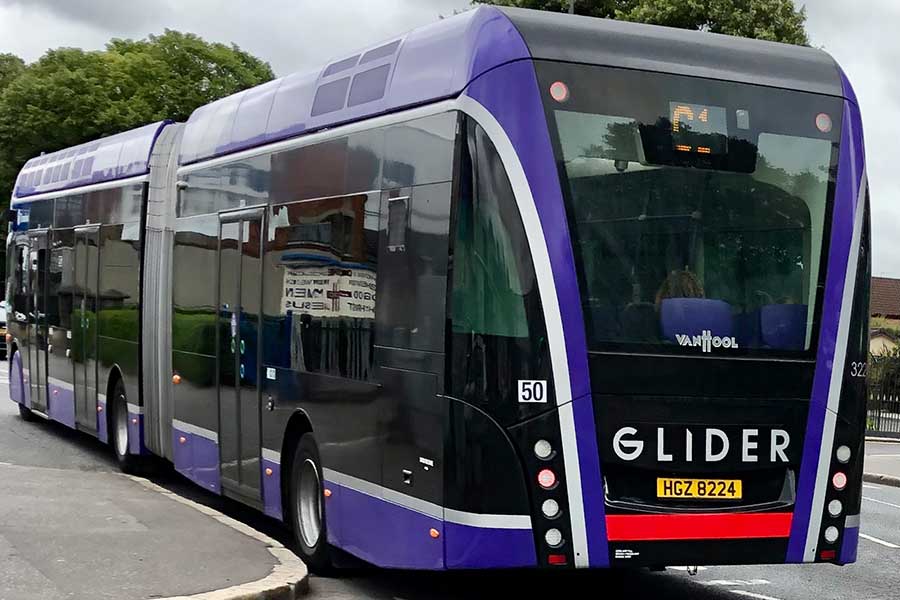“You’re Not from These Shores, Are Ye?”

USUALLY, WHEN I’M ASKED A VARIATION of the “Where are you from?” question, I get annoyed, because the questioner, maybe unwittingly, is claiming his/her territory, and I am perceived as ‘other’ — an outsider. When I was asked that question in Michigan, I would reply “Philadelphia” — since I had moved there after living in Pennsylvania for sixteen years. That usually shut down that thread, but once in a while, they would follow up with “But where are you really from?” In my mind, curiosity is fine, and natural for all of us, but to express it, without an invitation, crosses a boundary.
Most of the time I feel pretty safe when this happens. Even at a bus stop after dark, my skin color, vocabulary and sense of confidence have so far protected me from harm. However, in the context of prejudice against refugees and asylum-seekers, and against those whose skin color, clothing, or language marks them as ‘different,’ it can be a hostile, even dangerous, experience.
Context is critical here. It depends on location and history; not just the history of the area but also of the person being questioned. A requirement to list schools attended on an application form may be innocent and routine, but in the north of Ireland, where I am currently living, the answer can lead to immediate conclusions. Before the peace agreements and subsequent civil rights policies, a religious-sounding school name could have led to exclusion from an employment interview. In other situations, drinking in a particular pub, or working for a particular employer, could, on occasion, have led to summary execution by paramilitaries. It’s not the name or the place as such, but the inference that is drawn from that.
On 4th July this year I was sitting on a lawn chair in a small west Michigan town, waiting for a granddaughter who is in the school marching band to pass me. A guy put his folding chair next to mine and, after greeting each other, he said “You’re not from around here, are you?” I bristled. That’s certainly not what I would say to someone immediately after we have said hello. He was correct, of course. I have felt at home in Indiana, in Philadelphia, and in Oregon; but in that small enclave of Michigan, I felt like a fish out of water. However, I didn’t need him to tell me that.
So how was it that, when the woman on the Belfast bus said “You’re not from these shores, are ye?” I didn’t react in the same way? Well, firstly, it wasn’t the first thing out of her mouth. She had already approached me, at the bus stop, asking if the Glider bendy bus for which we were both waiting was headed to a local hospital (it was.) She then asked how to use her 65+ pass. This is confusing for all of us at first. If you get on a regular bus, you tell the driver your destination, tap the pass, and the small machine by the driver spits out a ticket. In the case of the Glider, it operates like a streetcar, with a large machine on the sidewalk to buy a ticket, and smaller machines at each end of the shelter to validate passes.
Ticket machine for the Glider bus
Machine to validate travel passes
After I helped her to validate her pass, she began to tell me the reason for her hospital appointment, and then the bus came. We were separated for a while by a crowd of passengers, but soon I was able to move back opposite to where she was sitting. And then she said it: “You’re not from these shores, are ye?” I didn’t take offense, because she was smiling — and because we had already struck up the beginnings of a relationship, though she had done most of the talking. She was nervous about the hospital appointment, I could tell.
“Where did ye grow up?” she continued, and again, coming from her, it didn’t feel intrusive, since needing to ‘place’ people is part of what people here in the north of Ireland do. It can have a sinister aspect, in terms of needing to know a stranger’s tribe — potentially friend or foe — but ‘placing’ people seems to be as natural as breathing around here. I told her where I was born, and immediately she mentioned small mining towns within twenty miles of there, where some of her relatives had lived.
As a child, she used to travel to England in the summer to visit aunties and uncles, and they would take her to a small east coast seaside town. My family used to visit a different town twenty miles down the coast. We laughed as we shared memories of sixty-five years ago. Then it was time for me to get off the bus and to wish her the best with her hospital appointment.
It was only ten or fifteen minutes, but it was a warm encounter. I hope that the visit to the hospital alleviated her fears. Our encounter certainly got me thinking about the variations on that ‘placing’ question. When she asked the question on the bus, it seemed to be born out of both the usual curiosity, but actually a recognition of my regional accent, which touched childhood memories for her. She can spot an East Midlands accent when she hears one, so it was a way for us both to get closer quickly, and share childhood experiences. By taking me back to childhood memories, she gave me a gift.
I wouldn’t recommend any of us asking variations on the origins or identity question, regardless of the curiosity swirling in our brains. Wait until the other person offers an opening for a deeper conversation. But on this particular occasion, I am really glad that the woman asked it.
So, what do you say after you’ve said hello? Round these parts, the weather is a pretty safe topic.
Margaret Fraser has been a GOOD NEWS Associate for a decade. Since December she has been living in Northern Ireland, and is enjoying extending hospitality to friends, and friends of friends. She accompanies her visitors as they explore progress and setbacks since the Good Friday Peace Agreement, a quarter-century ago.












